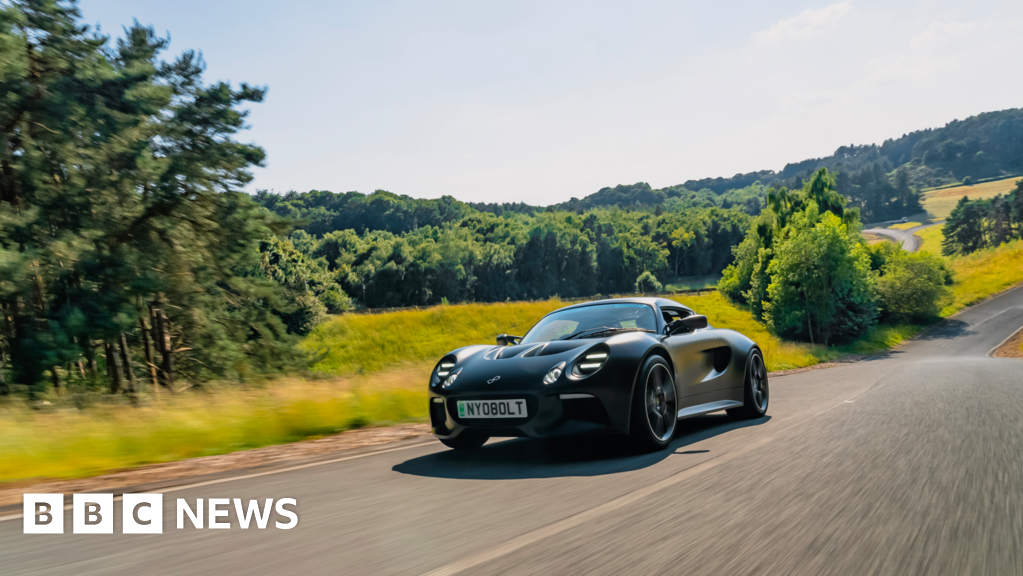Agreed, but pro-EV misinformation happens too. Most common is under-stating the cost per mile for home-charged BEVs by ignoring the 25% or so lost during charging.
That's not the same at all... What you describe is simply an honest mistake that EV owners often do because they don't think/know about the charging losses.
In fact, it's no different to ICE cars owners who simply rely on the mpg displayed on the dash, not knowing/thinking that it's inaccurate.
Brim-to-brim, from the same pump, at the same ambient temperature will be the more precise method of measuring cost-per-mile for ICE cars.
Similarly, for EVs, the more precise method is to charge to 100% on a public charger, then do the same again from the same charger after the journey, and divide the recharging cost by the mileage driven.
And, of course, GPS mileage is more accurate than odometer miles, again, for both EV and ICE.
But, in any event, the inaccuracies do not stem from a deliberate attempt to deceive.
Compare this to the tall stories intentionally dished-out by (some) EV-bashers.... the Luton car fire is a case in point.



